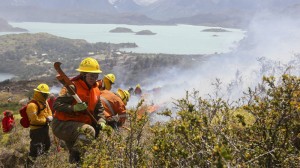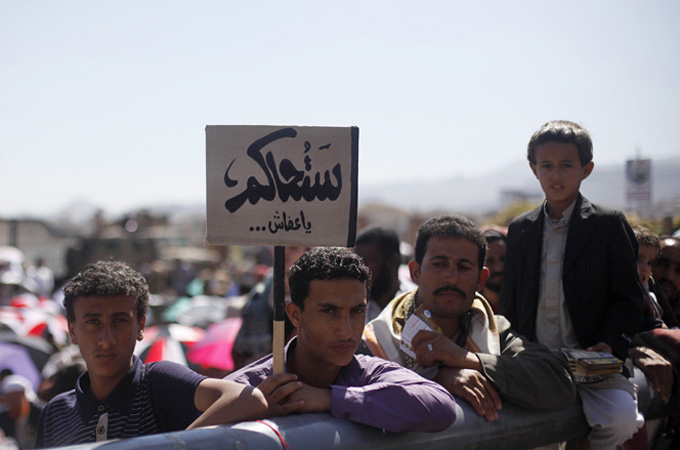By Brittney Hodnik
Impunity Watch Reporter, North America
MEXICO CITY, Mexico – The numbers are in for the calendar year in Mexico. Thousands of killings and kidnappings show no sign of improvement from previous years. President Felipe Calderon took office in 2006 and vowed to crack down on crime and drug related violence. Things actually got worse from 2010 to 2011, and Calderon only has one more year of presidency.

Calderon began his war against drug cartels nearly six years ago and things have progressively gotten worse. In 2011, approximately 12,000 people died in drug related violence alone, according to the Associated Foreign Press (AFP). These numbers are not official government numbers and vary among multiple sources. Over Calderon’s presidency, about 50,000 have died from drug related violence altogether. This year’s number is up 6.3 percent from 2010.
Not only has the amount of killings increased, but the brutality has worsened as well. Mexico has seen almost 600 beheadings and more than 1,000 cases of torture, according to AFP. Bodies are often dropped on the side of the road or other public places.
On top of that, the Latin American Herald Tribune reports that 49 kidnappings per day occurred in Mexico in 2011. This too is a significant increase from the previous year’s numbers, up about 32%. The Tribune reports that there were 17,889 kidnappings in 2011 alone.
These numbers do not even reflect “express kidnappings,” or those victims who are only held for a few hours. According to the Federal Police, about one third of those kidnappers arrested are connected to drug cartels, reports the Latin American Herald Tribune.
Among the deaths and kidnappings, CNN reported on 2 January that Mexican police in Ciudad Juarez tortured five people to force confessions that they killed an officer and participated in a car bomb attack. Mexico’s Human Rights Commission describes the incident as an “abuse of power” says CNN and believes the five wronged individuals should receive reparations from police.
The Washington Post reports that six federal officers and a doctor are under investigation. The five victims are currently undergoing psychological and physical treatment after being severely beaten. Police have dropped the accusations but the men remain in jail on drugs and weapons charges, reports the Washington Post.
Overall, it seems Mexico has seen increases in every area of crime and violence. The police are often corrupt and tied to drug cartels. Men, women, and children are all targets of violence. President Calderon has one year left in office to lower these terrible numbers.
For more information, please visit:
Associated Foreign Press — Mexico Drug Violence Killed 12,000 in 2011: Reports — 2 Jan. 2012
CNN — Mexican Police Tortured 5 Suspects, Human Rights Commission Says — 2 Jan. 2012
Latin American Herald Tribune — 49 Kidnappings Per Day Occurred in Mexico in 2011 — 2 Jan. 2012
The Washington Post — Rights Report: Mexican Feds Tortured 5 Men Detained in Killings of 2 Agents, Juarez Car Bomb — 1 Jan. 2011



